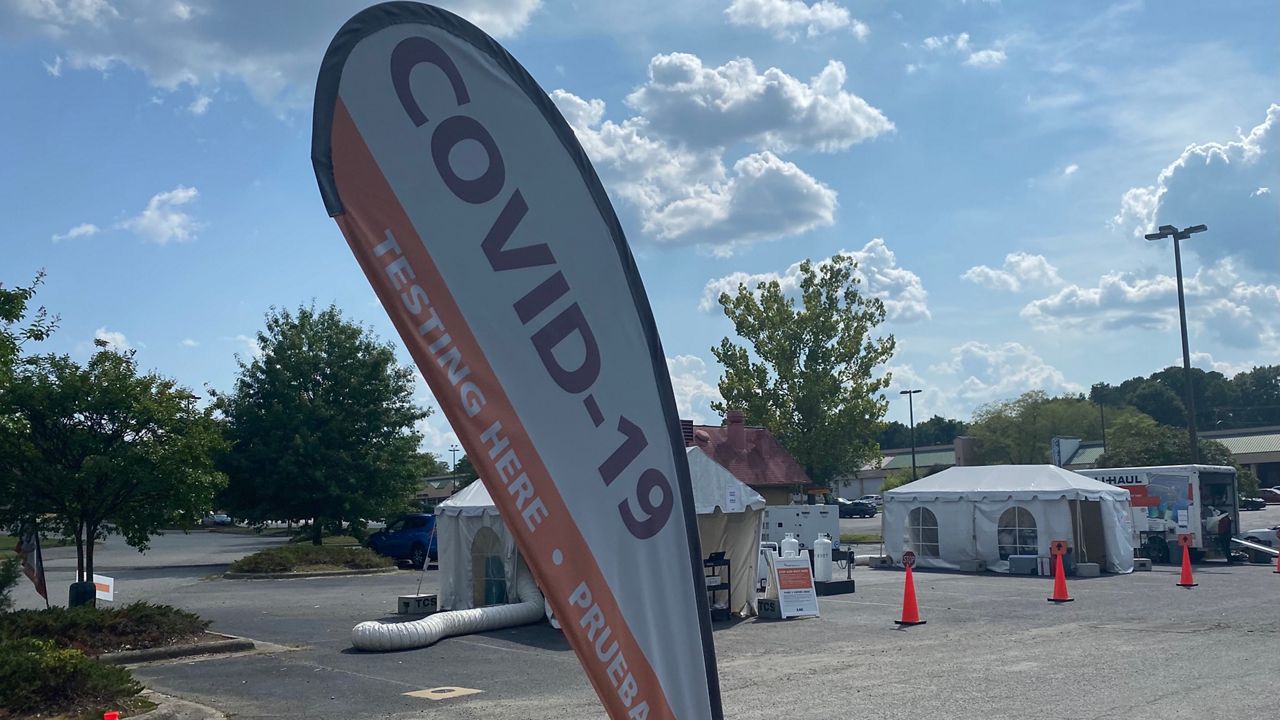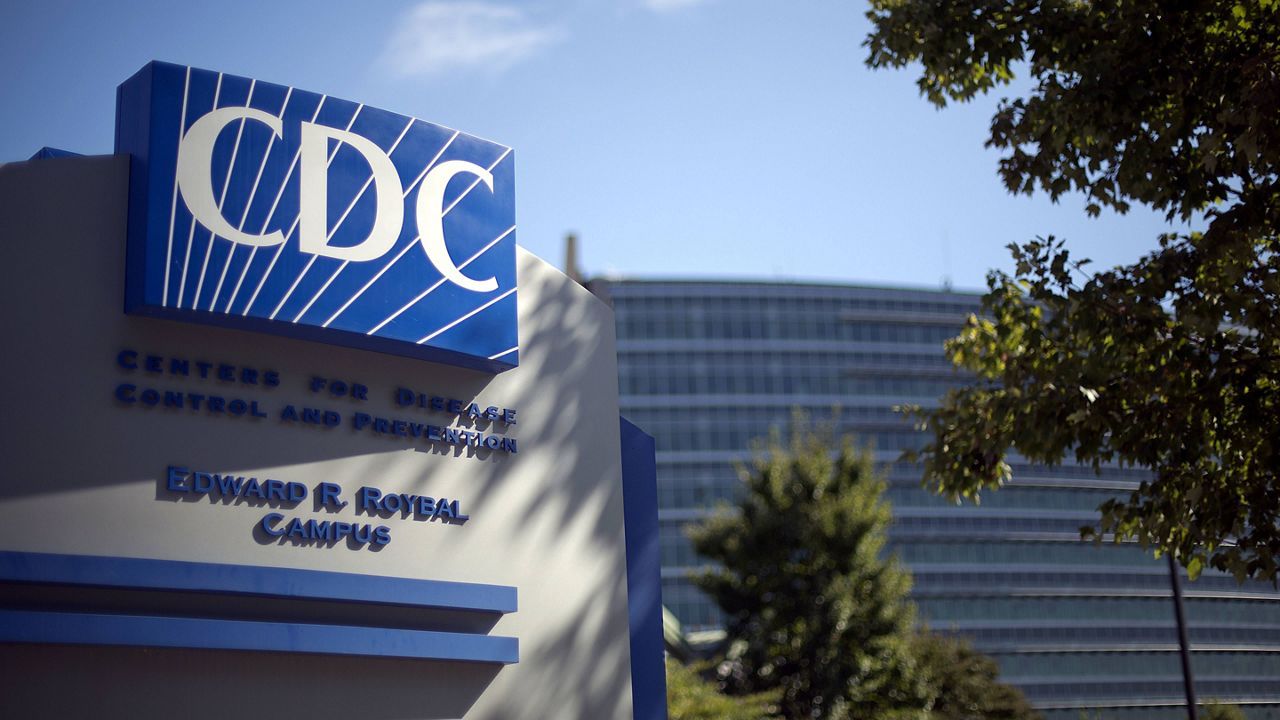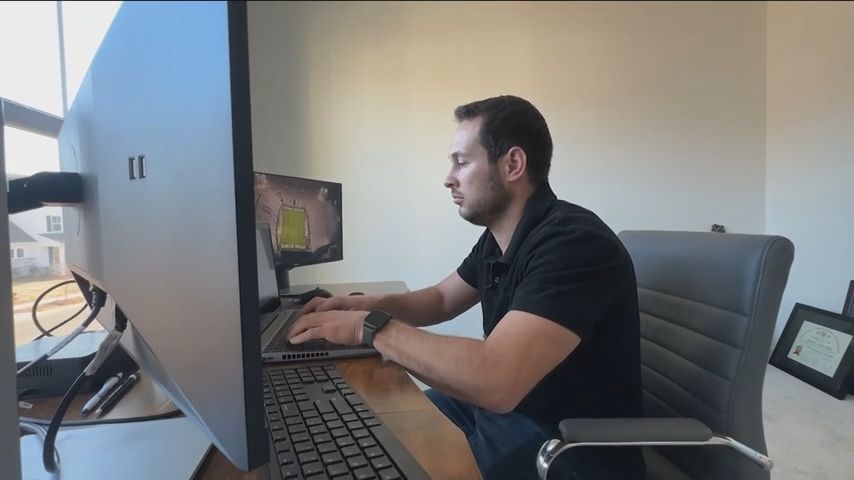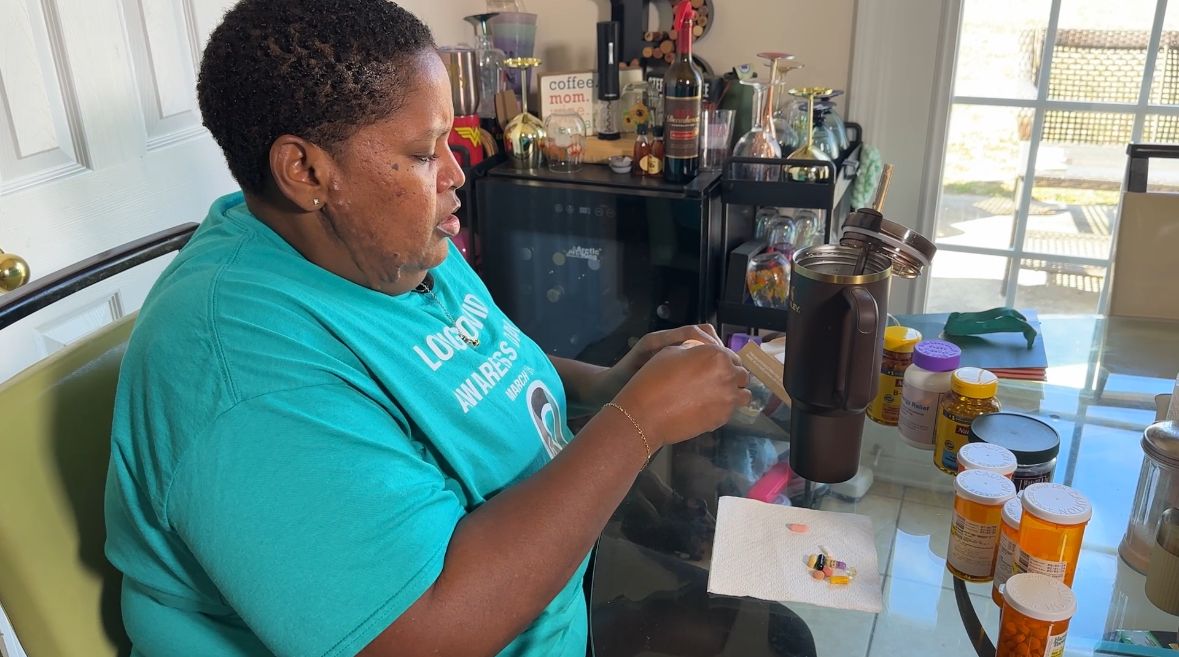There’s been a lot of talk in recent days about the new omicron variant of the coronavirus.
One case of the new variant has been detected in the United States, the CDC announced Wednesday. That first case is in a vaccinated person in California who recently returned from South Africa, according to federal public health officials.
The variant has not been found in North Carolina as of December 1.
Omicron has been listed as a “variant of concern” by the World Health Organization, a classification reserved for variants that could pose a real threat like the delta variant has in recent months.
But there’s a lot of uncertainty and unanswered questions about what the new variant could mean for North Carolina and the rest of the county. Two doctors from UNC Health spoke to the media this week about what we know and what we don’t.
The new variant, named omicron, is a genetic mutation from an earlier version of the virus first detected by researchers in South Africa.
The reason it’s causing so much concern is because of how many mutations there are and where in the virus they’re found, according to UNC Health’s Dr. Melissa Miller, who’s been running the COVID-19 testing lab at UNC.
She said the antibodies from coronavirus vaccines attack what’s called the “spike protein” to keep people from getting sick.
“The omicron variant has about 40 mutations in that spike protein,” she said.
“Many of those mutations are on the surface,” Miller said. That means the vaccines could potentially be less effective against the new variant. But that’s still an open question for researchers, she said.
All those mutations in the virus are what have doctors worried about this new variant.
Just because the new variant was identified in South Africa doesn’t mean it came from that country.
“Viruses evolve under pressure,” said Dr. David Wohl, an infectious disease specialist who has been helping lead UNC Health’s coronavirus response.
“The pressure exerted on this particular variant was likely somebody’s immune system. Somebody’s antibodies were fighting against this variant or its predecessor and this evolved to get around that immunity,” he said.
Wohl said the current guess is that this variant evolved in someone who was not vaccinated and probably had a compromised immune system.
Two of the biggest questions about this variant are: is it more contagious? And is it more deadly? The answer from the UNC doctors and public health officials is, they don’t know yet.
This is another big question, Wohl said.
“Vaccination is the wildcard,” he said. “Is there enough overlap between this variant and the previous variants that this won’t be a problem? Or is it dramatically different, different enough that this is a miss?”
He said his guess is that this variant will probably land somewhere in between.
The first case in the United States involved a vaccinated person who had recently returned to California from South Africa, public health officials said. That person is only experiencing mild symptoms, they said.
“Early data is somewhat mixed,” he said. “We don’t know the full extent of protection.”
Wohl said people should still get vaccinated and get their booster shots. “Higher levels of antibody provided higher levels of protection,” he said.
The dominant virus in North Carolina is still the delta variant, which accounts for almost all cases in the state now, Miller said.
On top of that, Wohl said, vaccinated people should get boosted now so they have as many antibodies as possible to help protect against delta, and potentially omicron if that shows up here.
“We don’t know yet what the impact will be and if it can out compete delta,” he said.
“We’ve learned before, even though the vaccines were developed to fight an original strain that’s no longer around, high levels of antibodies against that original strain have protected us against delta,” Wohl said, and those high levels could still protect against omicron.
Labs around the country are doing genetic sequencing on tests that come back positive, including UNC Health’s lab.
Miller said the PCR tests, the common nose swabs that many people get for COVID-19 tests, can detect the new variant.
Doing the DNA sequencing takes more than just knowing if someone tests positive or negative for the virus. But, Miller said, UNC is sequencing every test that comes back positive to check the variants.
It is possible that the monoclonal antibody treatments may not work against the new variant, Wohl said. That’s one of the main treatments for people to avoid getting a really serious and potentially deadly case of the virus.
“That may require a shift,” he said. “That’s going to be very important therapeutically, we’re already thinking about that.”
But there are still major unanswered questions about how the new variant could spread and if it will make people more sick than earlier variants.








-4)
